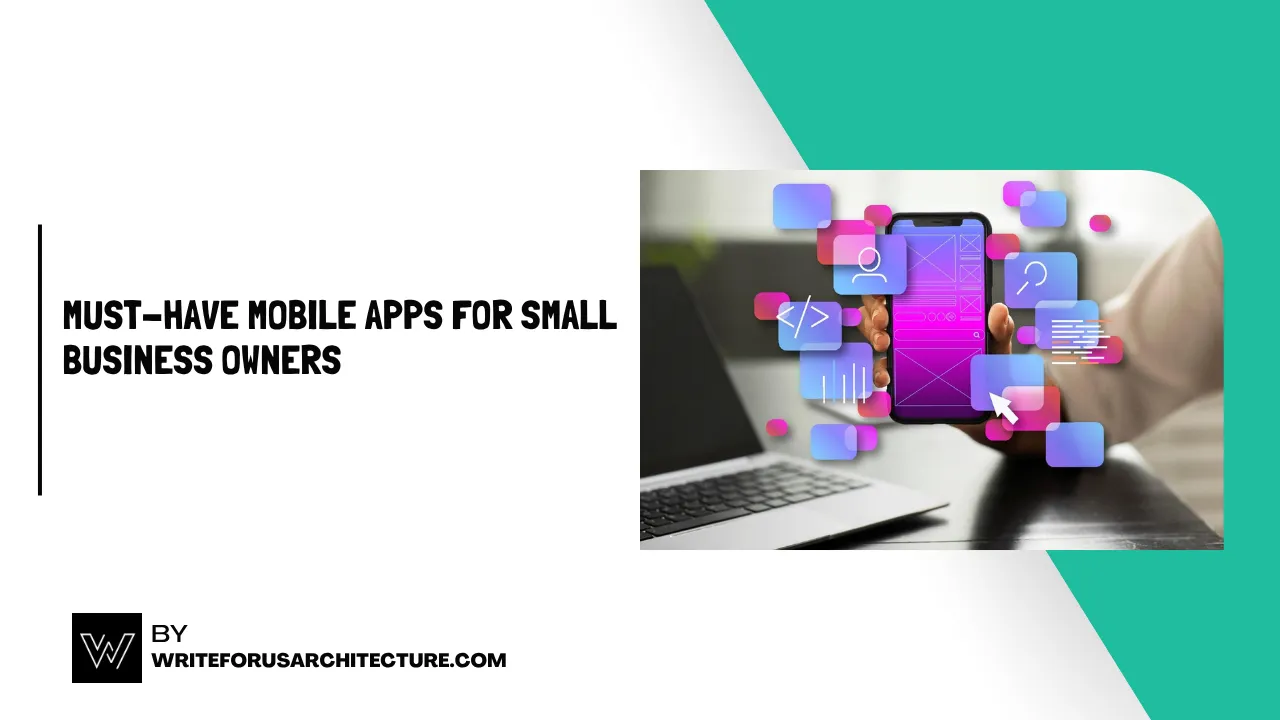In the whirlwind of managing a small business, efficiency isn’t just a perk—it’s the pulse of survival. Time is a commodity, margins are thin, and every decision counts. In this space, mobile technology doesn’t just assist—it empowers. Today, we’re diving into a curated lineup of essential business mobile apps every small business owner should consider downloading, like, yesterday. Buckle up. This won’t be your average listicle.
1. The Invisible Office: Cloud Storage & File Sharing
You’re out of the office. You need a document. You need it now. Google Drive steps up. Or Dropbox. Or OneDrive. Take your pick.
According to a 2023 report by Statista, over 90% of small businesses use cloud services for file management. Why? Because being tethered to a desktop is no longer acceptable. You can scan receipts, share invoices, store contracts, or collaborate on spreadsheets—all from the palm of your hand. Miss this, and you’re playing with fire in a paper-only office.
2. Call Recorder for iPhone – Capture What Matters
How many phone calls do you make a day? Ten? Twenty? Now, how many details do you forget by lunchtime?
Enter: Call Recorder for iPhone. A silent hero in the realm of business mobile apps. Whether you’re closing deals, discussing rates, or setting up partnerships—details matter. This app lets you record phone calls, both incoming and outgoing, in the best quality. No extra noise, in the recording you hear the other person as if you were talking. Is it worth to install now a tool that can protect you from many inaccuracies, mistakes, and even disputes? Probably a rhetorical question. Think of it as your personal assistant with perfect memory.
Never forget the price. Never miss a client’s instruction. And yes, it’s legal to record in most states as long as at least one party consents (always check your local laws, though).
Why write everything down? Let the app do it for you.
3. Accounting on the Go: QuickBooks Mobile & Alternatives
Numbers don’t sleep—and they certainly don’t wait for you to get back to your desk.
QuickBooks Mobile, Wave, FreshBooks—pick your flavor, but make sure you’ve got an app that handles:
- Invoicing
- Expense tracking
- Tax calculations
- Cash flow monitoring
According to a survey by Clutch, 69% of small businesses report using accounting software. But mobile support? That’s where the competition thins. With QuickBooks Mobile, you can send invoices on-site, snap receipts, and even get notifications for overdue payments while waiting in line for coffee.
4. The Social Megaphone: Scheduling & Posting Tools
Running a small business means wearing a dozen hats—and marketing often gets shoved into whatever time you have left. Don’t let your brand suffer.
Use tools like Buffer, Hootsuite, or Later to schedule Instagram posts, tweet news updates, and push LinkedIn content—all in one place. A recent Social Media Examiner report found that nearly 78% of marketers saw increased traffic with consistent posting schedules.
Plan a month ahead in an afternoon. Then forget about it (until your phone dings with likes).
5. Project Management: Trello, Asana, Monday.com
Let’s be honest: sticky notes get lost. Whiteboards don’t travel well. If your to-do list lives in your head, disaster is only a deadline away.
Use a mobile app for business that keeps everything in view:
- Trello’s card-based design is simple and visual.
- Asana allows for detailed task management.
- Monday.com offers dynamic, team-oriented dashboards.
Team of one? Or ten? Doesn’t matter. These apps adapt, scale, and—crucially—sync. You’ll never forget which client wanted what, when.
6. Communication Beyond Email: Slack & Microsoft Teams
Email is dead. (Not really. But kind of.)
Slack and Microsoft Teams are dominating internal communications, especially among agile teams. With channels, file sharing, video calls, and even integrations with other business mobile apps, these platforms make collaboration feel less like a chore and more like a live conversation.
Slack reported that companies using their platform saw 32% faster decision-making speeds. Let that sink in.
7. CRM Apps: Keep Your Clients Close
If you’re not tracking customer relationships, you’re hemorrhaging leads.
Apps like HubSpot CRM, Zoho, and Salesforce Mobile allow you to:
- Track customer interactions
- View sales pipelines
- Assign follow-ups
You remember “Gary from the expo last fall”? Probably not. But your CRM does. With mobile access, you can pull up his company, last conversation, and even send a follow-up email before your latte arrives.
8. Scanning & Signing: CamScanner, Adobe Scan, DocuSign
Paper? Still around. But clunky.
Use CamScanner to digitize. Adobe Scan to sharpen and OCR the text. DocuSign to send, sign, and seal the deal without ever touching ink. These apps make remote operations not just possible—but faster.
DocuSign users report an average 80% reduction in turnaround time. Not bad for a screen and a thumb.
9. Inventory and POS Management
Retail? Physical products? Then you must track your inventory like a hawk.
Apps like Square POS, Shopify, and Zoho Inventory give you:
- Real-time stock updates
- Sales reports
- Barcode scanning
- Order fulfillment tools
The difference between profit and loss often lives in the details. These apps don’t just tell you what sold—they show why, when, and where.
The Big Picture: Don’t Download Blindly
Here’s the truth: you don’t need all the apps. You need the right ones.
Start with two. Maybe three. If you record a lot of calls. If accounting stresses you out, get QuickBooks. If your inbox is your project manager, it’s time for Trello.
Small business ownership is a daily gauntlet of tasks, goals, and surprises. The right mobile app for business doesn’t just simplify a job—it changes how you work. Permanently.
So, make your phone work for you. Not the other way around.
Also Read:

